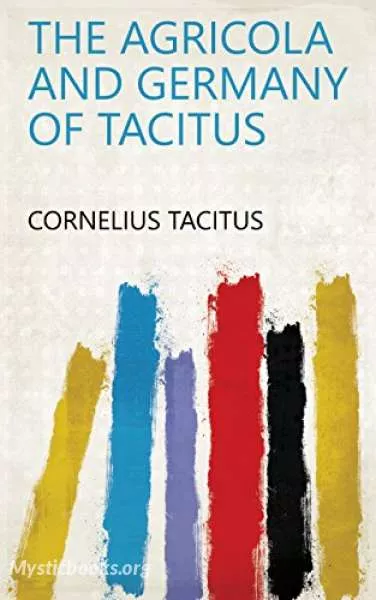
Agricola
'Agricola ' Summary
After the assassination of Domitian in AD 96 Tacitus published the Agricola, his first historical work.[2] In the first three sections of the Agricola, Tacitus discusses the nature of biographies and includes anecdotes on how previous examples have been treated. Tacitus also comments on the state of the Roman Empire at the time of his writing of the Agricola, stating that circumstances are not conducive to living a moral life. The fourth section is a summary of Agricola’s heritage, which was strong according to Tacitus, his personality, and education, which Tacitus says was well rounded and extensive. Tacitus then describes Agricola’s military apprenticeship in Britannia, describing how Agricola was helping to deal with tumultuous times in that province, with an uprising having taken place there. The subsequent sections discuss Agricola’s personal life and professional career prior to his governorship in Britannia.
In what follows, Tacitus describes the geography and ethnography of Britannia, including a description of the arability of the soil. Tacitus then describes the origin and events of the revolt of Boudicca, and the following years wherein Vespasian and the governors preceding Agricola subdued Britannia once again. In section 18, Tacitus reports Agricola’s initial campaign as governor of Britannia, telling how he brought the island of Mona under Roman control with a swift attack. In what follows Tacitus describes how Agricola managed the province and ushered in the adoption of the Latin language and Roman customs. In this section Tacitus addresses the theme of subjugation to the Romans and considers the willing adoption of Roman language and customs a form of slavery rather than civilization. Subsequently, Tacitus reports the events and military campaigns that Agricola undertook during his third, fourth, and fifth years as governor. The campaign in Agricola’s sixth year as governor is described next, and Tacitus makes a point of discussing Agricola’s ability to counter the enemy’s plans and turn the tide in his favor.
In section 28, Tacitus reports the tale of a group of men who had been recruited in Germania and how they mutinied against the Romans and had various adventures before being captured and sold into slavery. In what follows, we are told of the background to the battle of Mons Graupius, including the death of Agricola’s son. Tacitus then reports a long pre-battle speech by one of the leaders of the Britons, called Calgacus. Following this, Tacitus reports Agricola’s own speech. In what follows, Tacitus describes the course of the battle itself and its immediate aftermath, stating that only nightfall stopped the Romans’ pursuit. Tacitus then reports how the news of Agricola’s success in Britannia was received by the emperor Domitian, and Domitian’s alleged jealousy of Agricola’s military prowess. Tacitus discusses how Domitian had sent confidants to discover Agricola’s intentions in regards to becoming a proconsul of either Asia or Africa and Domitian’s temperament. Tacitus, in discussing the end of Agricola’s life, says that rumors were voiced in Rome that Agricola was poisoned on the Emperor's orders and that his death was lamented by many. After reporting Agricola’s death, Tacitus summarizes the circumstances of his birth and his character throughout his life . In the final two sections, Tacitus addresses his departed father-in-law directly, honoring him and vowing that Agricola may live on through the story he has told of him.
Book Details
Language
EnglishOriginal Language
LatinPublished In
98 ADAuthors
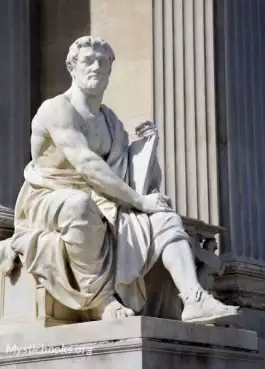
Cornelius Tacitus
Roman Empire
Publius Cornelius Tacitus was a Roman historian and politician. Tacitus is widely regarded as one of the greatest Roman historians by modern scholars. He lived in what has been called the Silver Age o...
Books by Cornelius TacitusDownload eBooks
Listen/Download Audiobook
- Select Speed
Related books

Station Life in New Zealand by Mary Anne Barker
STATION LIFE IN NEW ZEALAND is a fascinating account of the time Lady Mary Anne Barker lived on a sheep station on the south island of New Zealand. It...

The Gracchi, Marius and Sulla by A. H. Beesly
During the last half of the second century B.C. Rome was undisputed mistress of the civilized western world. As the British historian, Augustus Henry...
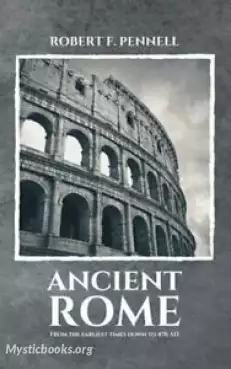
History of Rome from the Earliest Times Down to 476 AD by Robert F. Pennell
History of Rome from the Earliest times down to 476 AD. This compilation is designed to be a companion to the author's History of Greece. It is hoped...

The Life of Mozart Volume 2 by Otto Jahn
"The Life of Mozart Volume 2" by Otto Jahn is a captivating journey into the world of one of the greatest musical geniuses of all time. In this second...
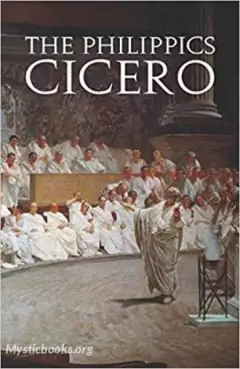
The Philippics by Marcus Tullius Cicero
The Philippics are a series of 14 speeches composed by Cicero in 44 and 43 BC, condemning Mark Antony. Cicero likened these speeches to those of Demos...
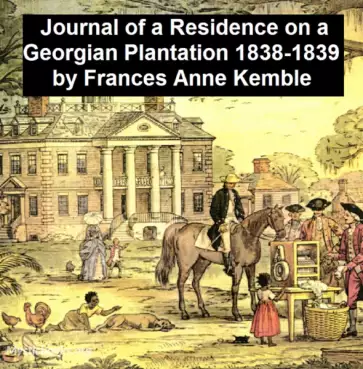
Journal of A Residence On A Georgian Plantation, 1838-1839 by Frances Kemble
Fanny Kemble was a British actress who married mega-plantation owner, Pierce Butler of Georgia. During her marriage she kept journals of everyday life...
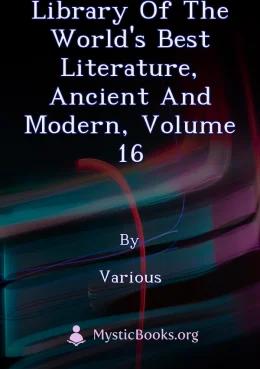
Library of the World's Best Literature, Ancient and Modern, volume 16 by Various
This volume of "The Library of the World's Best Literature, Ancient and Modern" encompasses a diverse selection of literary works, ranging from the wr...
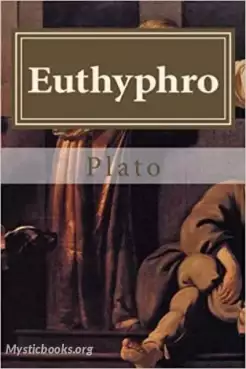
Euthyphro by Plato (Πλάτων)
Euthyphro by Plato, is a Socratic dialogue whose events occur in the weeks before the trial of Socrates (399 BC), between Socrates and Euthyphro. The...

The Morals (Moralia), Book 1 by Plutarch
The Moralia is a group of manuscripts dating from the 10th-13th centuries, traditionally ascribed to the 1st-century Greek scholar Plutarch of Chaeron...

The Ladies' Book of Etiquette, and Manual of Politeness by Florence Hartley
A guide for ladies, written in 1860, on what is accepted as correct behavior in polite society. The advice covers dress, travelling, staying in hotels...
Reviews for Agricola
No reviews posted or approved, yet...